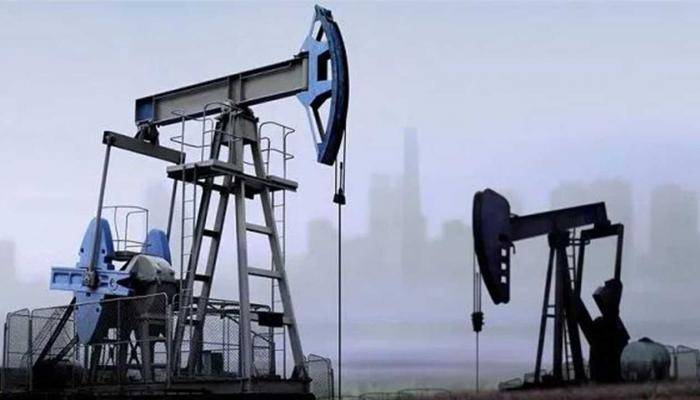Saudi Arabia and Russia have decided to extend voluntary oil production cuts until the end of the year, despite a market recovery and analyst expectations of supply shortages in the fourth quarter. Halima Croft, an analyst at RBC Capital Markets, noted, "Saudi Arabia revised the production cut last month by extending it. However, today's move is still able to surprise many market participants and reaffirms that Saudi Energy Minister Prince Abdulaziz remains steadfast in not ruling out any measures whatsoever."
Oil prices jumped following this news, with Brent crude prices surpassing $90 per barrel for the first time since November 18, despite steady increases in Iranian and Venezuelan oil exports, as the market believes the U.S. is not enforcing sanctions as stringently as in previous years.
The Saudi Press Agency reported today that a responsible source from the Ministry of Energy stated that the Kingdom would extend its voluntary oil production cut of one million barrels per day for three more months until the end of December 2023. Russian Deputy Prime Minister Alexander Novak said in a statement today that his country has also extended its voluntary decision to reduce oil exports by 300,000 barrels per day until the end of this year.
Both the Saudi Press Agency and Novak mentioned that the two countries will review production cut decisions monthly to consider extending the reduction or increasing production, based on market conditions. Russia's alignment with Saudi Arabia in extending the voluntary cut allows it to generate additional revenue amid its war in Ukraine, despite European Union efforts to limit its income by capping Russian oil prices. Most Russian oil is trading above the price cap.
This decision represents another setback for U.S. President Joe Biden, as supply shortages have driven up prices while he campaigns for re-election in 14 months. The United States has stated that the world needs lower prices to support economic growth and prevent Russian President Vladimir Putin from generating additional revenue to fund the war in Ukraine. The U.S. and Western allies have urged OPEC+ to increase production to help lower energy costs and support the global economy, with OPEC+ countries claiming they are acting to maintain market stability and taking precautionary measures.




